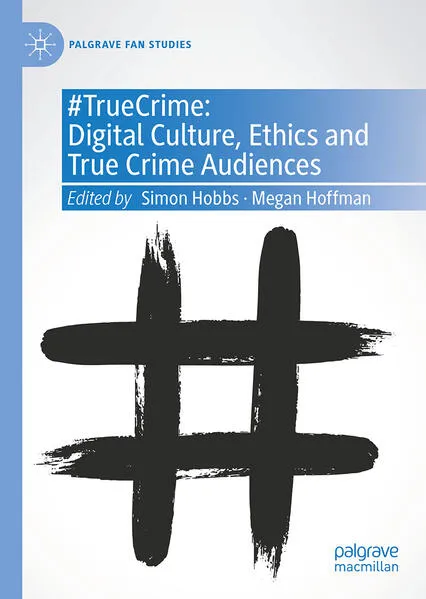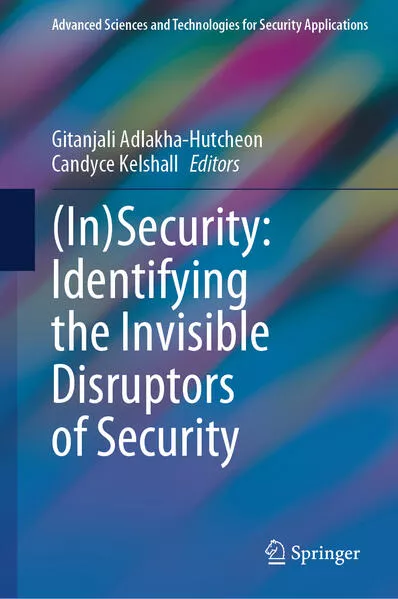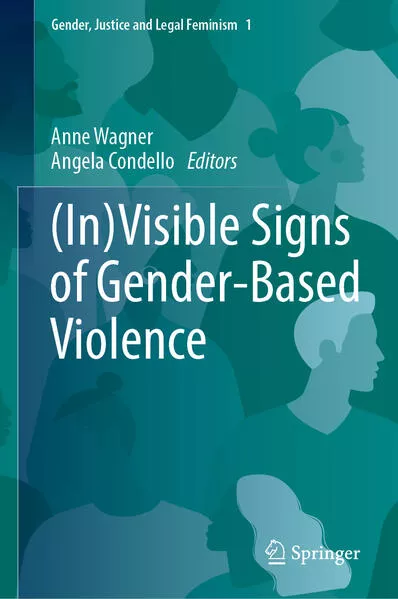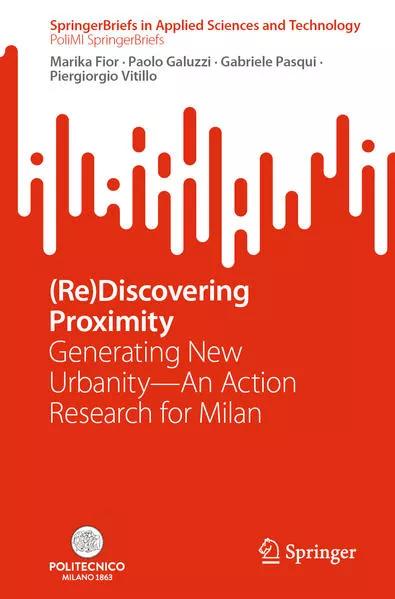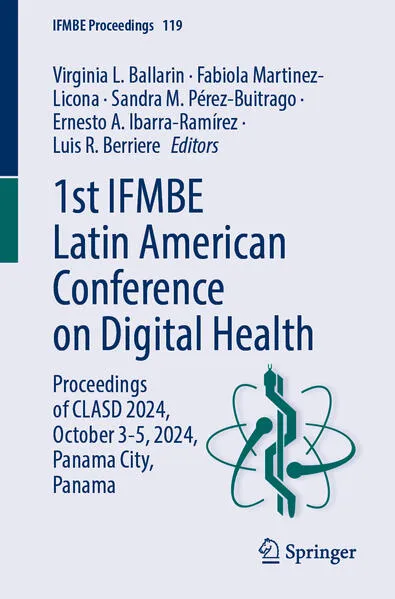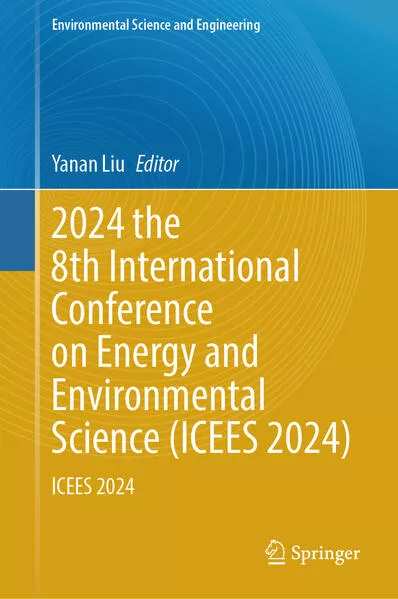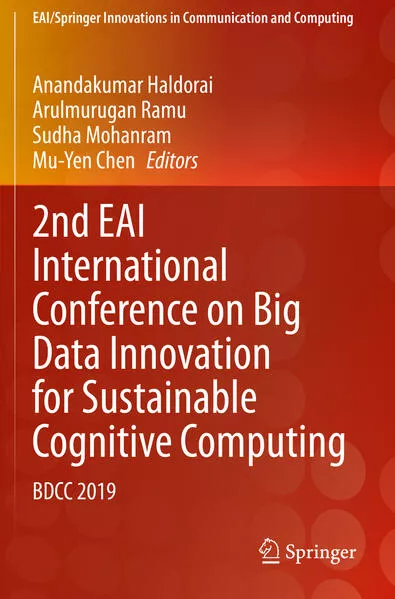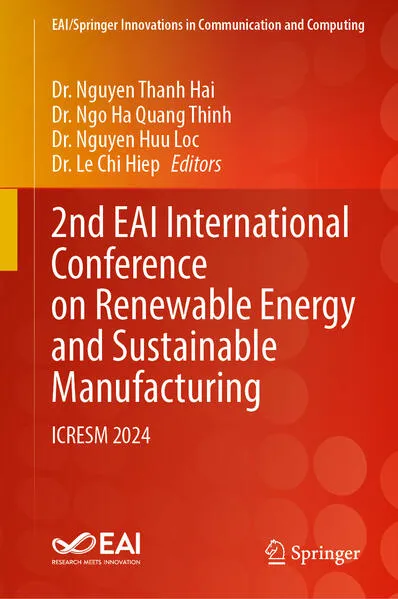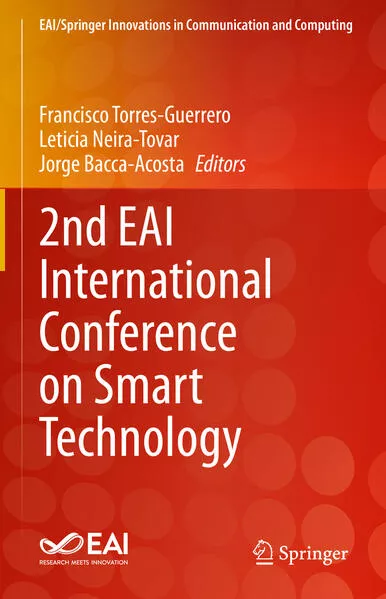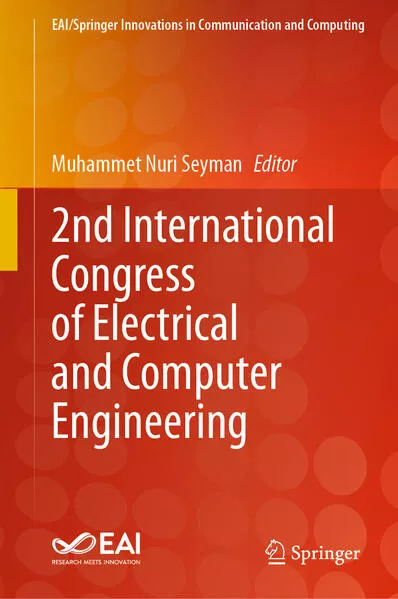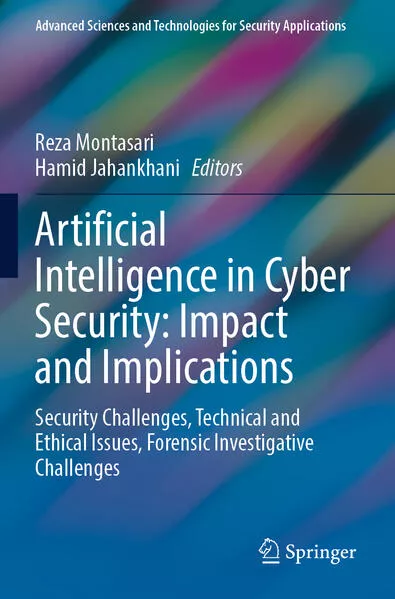
Artificial Intelligence in Cyber Security: Impact and Implications
Security Challenges, Technical and Ethical Issues, Forensic Investigative Challenges
The book provides a valuable reference for cyber security experts, digital forensic practitioners and network security professionals. In recent years, AI has gained substantial attention from researchers in both academia and industry, and as a result AI’s capabilities are constantly increasing at an extraordinary pace. AI is considered to be the Fourth Industrial Revolution or at least the next significant technological change after the evolution in mobile and cloud computing technologies. AI is a vehicle for improving the quality of our lives across every spectrum with a broad range of beneficial applications in various sectors. Notwithstanding its numerous beneficial use, AI simultaneously poses numerous legal, ethical, security and privacy challenges that are compounded by its malicious use by criminals. These challenges pose many risks to both our privacy and security at national, organisational and individual levels.
In view of this, this book aims to help address some ofthese challenges focusing on the implication, impact and mitigations of the stated issues. The book provides a comprehensive coverage of not only the technical and ethical issues presented by the use of AI but also the adversarial application of AI and its associated implications. The authors recommend a number of novel approaches to assist in better detecting, thwarting and addressing AI challenges. The book also looks ahead and forecasts what attacks can be carried out in the future through the malicious use of the AI if sufficient defences are not implemented. The research contained in the book fits well into the larger body of work on various aspects of AI and cyber security.
It is also aimed at researchers seeking to obtain a more profound knowledge of machine learning and deep learning in the context of cyber security, digital forensics and cybercrime. Furthermore, the book is an exceptional advanced text for Ph.D. and master’s degree programmes in cyber security, digitalforensics, network security, cyber terrorism and computer science. Each chapter contributed to the book is written by an internationally renowned expert who has extensive experience in law enforcement, industry or academia. Furthermore, this book blends advanced research findings with practice-based methods to provide the reader with advanced understanding and relevant skills.
Unterstütze den lokalen Buchhandel
Nutze die PLZ-Suche um einen Buchhändler in Deiner Nähe zu finden.
Bestelle dieses Buch im Internet
| Veröffentlichung: | 24.11.2022 |
| Höhe/Breite/Gewicht | H 23,5 cm / B 15,5 cm / - |
| Seiten | 306 |
| Art des Mediums | Buch [Taschenbuch] |
| Preis DE | EUR 171.19 |
| Preis AT | EUR 175.99 |
| Reihe | Advanced Sciences and Technologies for Security Applications |
| ISBN-13 | 978-3-030-88042-2 |
| ISBN-10 | 3030880427 |
Über den Autor
Dr. Reza Montasari is Senior Lecturer in Cyber Threats at the Hillary Rodham Clinton School of Law. Reza’s main research interests lie in the areas of digital forensics and cyber security but also include cyber law and cyber terrorism. Reza has authored numerous journal articles, conference papers, book chapters and media articles and recently co-edited a volume (with Springer) entitled “Digital Forensic Investigation of Internet of Things (IoT) Devices”. He frequently presents at various conferences including the annual International Conference on Global Security, Safety & Sustainability (ICGS3). Reza has also given a number of invited talks including his recent presentation at the College of Policing and The Investigator Spring National Digital Media Investigator’s (DMI) Conference (Oxford, UK., 2019). Reza serves as Editorial Board Member, Programme Steering Committee Member and Reviewer for a number of leading international journals and conferences in the fields of digital forensics and cyber security. He has previously worked with a number of UK police forces. Reza is also Guest Writer for Today’s Legal Cyber Risk to provide advice on the latest cyber security issues.
Professor Hamid Jahankhani has taught at both the undergraduate and postgraduate level, full and part-time and supervised and examined research students at the M.Phil., Ph.D. levels and Doctorate in Professional Studies (DProf). Hamid’s teaching has covered a broad range of computing modules in particular information security management, information security risk and audit, digital forensics, systems design & development, telecommunications and networking and computer systems. Hamid’s principal research area for a number of years has been in the field of information security management and digital forensics.
Diesen Artikel teilen
0 Kommentar zu diesem Buch
.... weitere Publikationen von Springer International Publishing
Echo aus dem Eis: Band 2 der Northern-Drift-Reihe - Aviation-Mystery in Eis und Dunkelheit
Bewerbungsfrist bis zum: 03.03.2026




